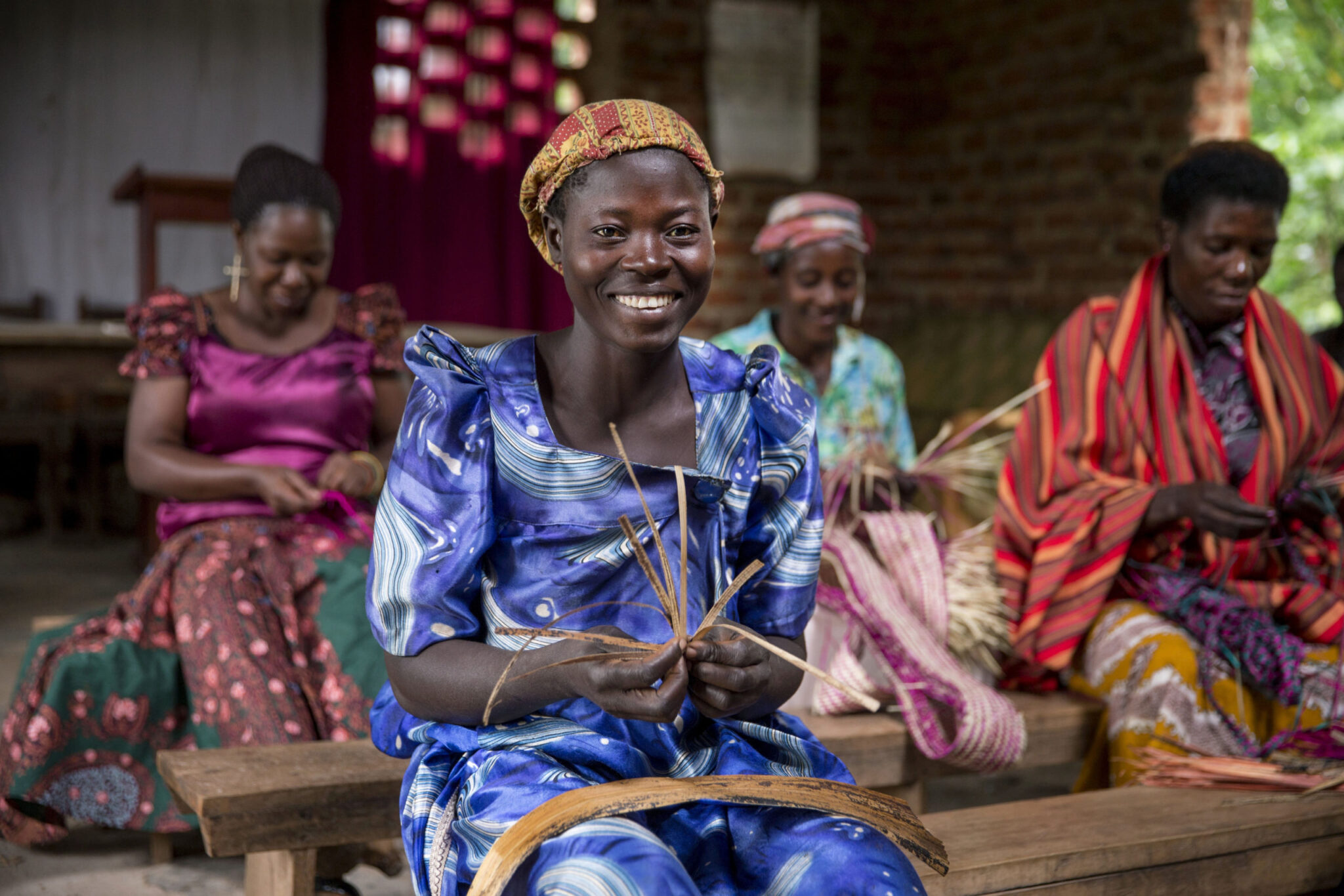Who Will Pay for Your Sin? Investigating the Cooperative and Strategic Behavior of Ugandan Group Members

Credit: Jonathan Torgovnik/Getty Images/Images of Empowerment
Study Context
To lift Ugandans from the current Multidimensional Poverty Index of 42.1%,, the Government of Uganda allocated about one trillion Ugandan shillings from 2022 to 2023 towards operationalizing the Parish Development Model (PDM), a program that provides loans to promote projects run by each parish. Members of each Parish group co-guarantee one another to ensure successful implementation of their approved project. The success of such programs is based on the assumptions that the actors will behave cooperatively even when they have the incentive to default on their obligations. This assumption contrasts the results of other similarly run governmental programs, in which individual borrowers deliberately defaulted to have group members pay back loans on their behalf.
This project will evaluate the success of the PDM by testing the cooperation and strategic behaviors of PDM group members using experimental design based on the prisoner’s dilemma. Thus, this study will assess if group members with good credit are willing to pay for the defaults of other members, or if individual members of the PDM will act strategically to maximize their own utility. .
Study Design
An experiment will be conducted in three out of eight districts in the Lango sub-region using purposive and multi-stage sampling. From each district, two sub-counties will be randomly selected and, in each sub-county, two parishes will then be randomly selected, resulting in the sample size of approximately thirty individuals from twelve parishes. The experiment will follow a one stage prisoner’s dilemma with the following setup and rules:
There is a possibility of winning a total of UGX 10,000, UGX 6,000, UGX 2,000, and UGX 0, depending on the choices of the person and their randomly selected partner on how to handle the money. The person will not know the identity of their partner.
- Scenario 1: If both the person and their partner choose to cooperate on how to spend their money, the pair will be given UGX 10,000, which can be divided among each of them.
- Scenario 2: If the person chooses to cooperate, but their partner chooses to default, the person who chooses to default will receive UGX 6,000, while the other who chooses to cooperate will receive UGX 0.
- Scenario 3: If both the person and their partner choose to default, each person will receive UGX 2,000.
Results and Policy Lessons
Results forthcoming.


